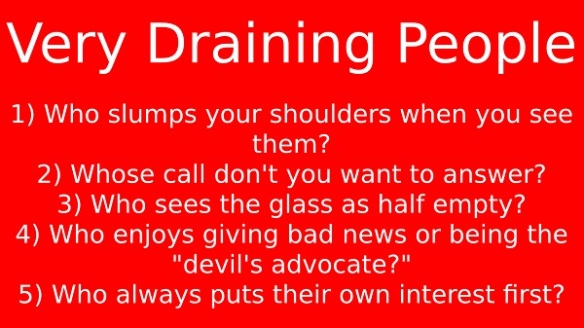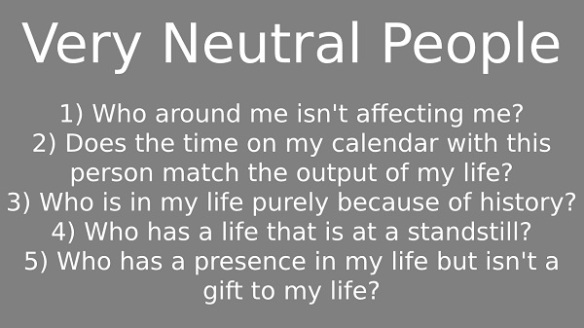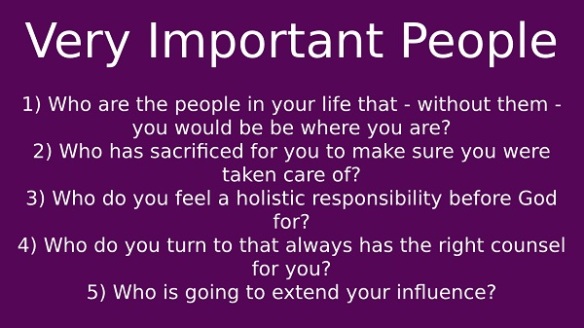Do you ever take your work home with you? I encourage you to do just the opposite: take the lessons learned at home to work with you.
After a relaxing Friday night of watching people learn the basics of blacksmithing, I found myself with two challenges Saturday: blindsiding news of investment (apparently) made too early and a heavy, emotional conversation about repairs and future building. Just two days earlier with a friend in town, I found myself in a dense discussion on the quality of our mutual friendships. There are few reminders in life more humbling than those that expose what we can’t control. Yet I found myself today not just enjoying brunch and preparing for the week ahead but also coming across a well-needed and well-timed indication that we can control more than initially thought.
I went to church this morning, and I’ve recently make a change to go to Crossroads in Oakley. Today was only my second time being at Crossroads, but senior pastor Brian Tome shared a sermon and wisdom that we can all take to work and safely bring home, too.
When was the last time to looked at those around you? Where is the knowledge base for friendships and relationships? What are your core convictions about friendships and relationships? How do you choose your friends, who you associate with at work, and even where you work? Is your barometer calibrated correctly?
After all, we are who we spend time with. If you want to be the best version of you, you need to understand who surrounds you.
Brian Tome – in his sermon that I heard today – defines four groups of people around you: VDPs (Very Draining People), VNPs (Very Neutral People), VEPs (Very Energizing People), and VIPs (Very Important People). You deserve to have VEPs and VIPs be the centerpiece of your life.
You know a VDP when you see one:

You react negatively to VDPs because they are negatively affecting your life. Advice you have for them is turned around back on you. Your time with them is not productive, and there is no learning. There is a negative feedback: VDPs’ attitude has a high transmissivity. Cosmetically appealing or not, they are not worth your time.
If a VDP is an overcast day, then a VNP is a mostly cloudy day. A company that is breaking even isn’t much better than a company that is losing money. When the goal is to have relationships that add value to our life, a VNP is still a loss. If names surface after asking these questions, it’s probably time to do some spring cleaning:

I like the spirit of being a gift in someone’s life. Presence alone isn’t a present.
What does where you want to live look like? What does where you want to work look like? What characteristics do the people in those places have? VEPs should be there, and they should be there in abundance, too. You’ll know you’re in good company when they add value to your life or they surface on this list:

These people are your top-shelf peers who you connect with and make your life better. There are those, however, who are there to not just help and guide you, but they are also there to build, grow, and sacrifice for you. You need at least a couple of VIPs nearby:

The VIPs are there to not just celebrate your life, but they actively make it better and are rarely if ever not willing to make you healthier, wiser, smarter, and more successful. Alternatively, you have the same or similar obligation to them.
Your friendships and relationships will drive the joy, happiness, and success of your life – at least in part – so it’s best to get good company around you. Filling your life with VEPs and VIPs is paramount to your success at home and work. You must also work to eliminate VDPs and VNPs from your life and world; let them go for – if nothing else – your own peace. VDPs and VNPs may return to your life, but they are not worth your time if they have no potential or intent to become a VEP or VIP quickly. Before this work begins, though, you must learn to question the relationships and friendships you have and identify the VDPs, VNPs, VEPs, and VIPs.
If you find yourself in a swarm of VDPs and VNPs, it’s time to move forward elsewhere. If you find your work environment making you into a VDP or VNP, it’s also a signal that you must move on.
Structure relates to function, and you can’t afford to sink to the level of being a VDP or VNP.
Who enters the room and immediately makes you smile? Who has sacrificed for you to make sure you were taken care of? Who is a blessing in your life and works to make you better? Answering these questions are paramount your success and your ability to make others successful.
